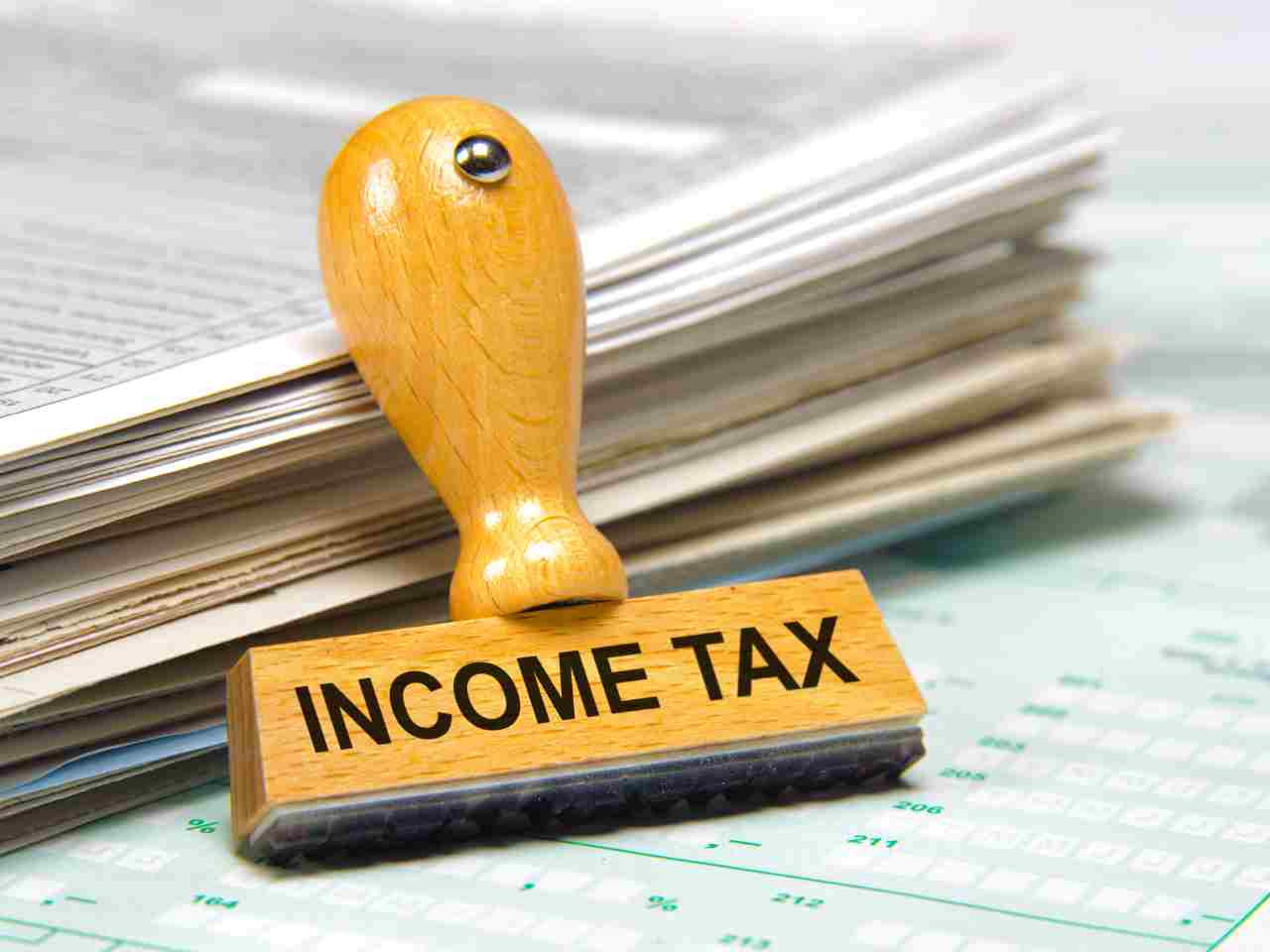Tips & Advice
We are pleased to provide a variety of resources on accounting, taxation and other related subjects that we hope will be helpful to both individuals and businesses. Read through our blog posts below or browse through our Quick Tools resource menu. Have a question that isn’t answered here? We can help. Simply contact us by email or give us a call at 807-276-6272. We would be happy to meet with you for a free, no-obligation consultation.
Disclaimer:
The content provided in this blog is for general informational purposes only and is not intended as professional accounting, tax, or financial advice. While efforts are made to ensure the accuracy and timeliness of the content, errors or omissions may occur. The content does not constitute a client-advisor relationship. Readers should consult with a Chartered Professional Accountants or other financial professional for advice tailored to their specific needs. We are not liable for any actions one might take based on the information provided in this blog.
Canadian Year-End Income Tax Preparations
As tax laws and regulations change, it's crucial to consult with a tax professional or check the latest resources for the most up-to-date information.
Here are some common steps individuals may take at the end of the tax year:
- Gather Income Documents: Collect all relevant income documents, such as T4 slips (employment income), T5 slips (investment income), T3 slips (trust income), and any other documents reporting income.
- Review Deductions and Credits: Identify potential deductions and tax credits that you may be eligible for, such as charitable donations, medical expenses, education credits, and others.
- Contribute to Registered Retirement Savings Plan (RRSP): Consider making contributions to your RRSP before the deadline of February 29th to take advantage of potential tax savings. Contributions made up to the deadline may be deductible from your taxable income.
- Tax-Free Savings Account (TFSA) Contributions: Ensure your TFSA contributions are within the allowable limits. Any excess contributions may be subject to penalties.
- Capital Gains and Losses: Review your investment portfolio for capital gains and losses. You may want to sell investments with losses to offset capital gains or carry forward losses to future years.
- Small Business Owners: If you're a small business owner, consider strategies to optimize your business expenses and income to minimize your tax liability. Speak with our office if needed.
- Review and Update Personal Information: Ensure that your personal information, such as your address and contact details, is up-to-date with the Canada Revenue Agency (CRA).
- Check for New Tax Credits: Be aware of any new tax credits or changes in tax laws that may impact your tax return.
- File On Time: Ensure that you file your income tax return by the deadline. The deadline for most individuals is April 30th. If you or your spouse is self-employed, the deadline is June 15th, but any balance owing is still due by April 30th.
- Consider Professional Advice: If your financial situation is complex or if you have specific questions, seek advice from our office.
Always refer to the latest information from the Canada Revenue Agency for the most accurate guidance. You can find details on their website.
When you subscribe to the blog, we will send you an e-mail when there are new updates on the site so you wouldn't miss them.

